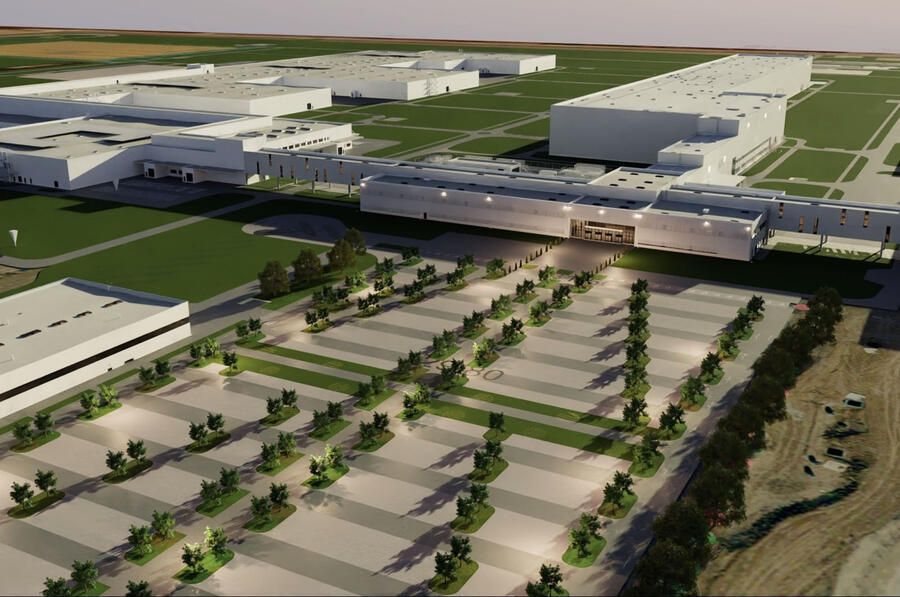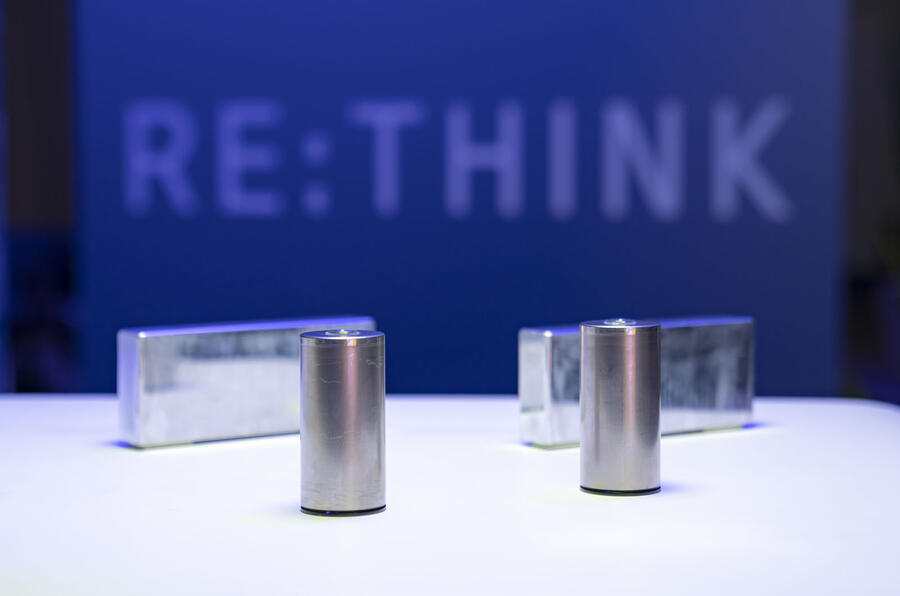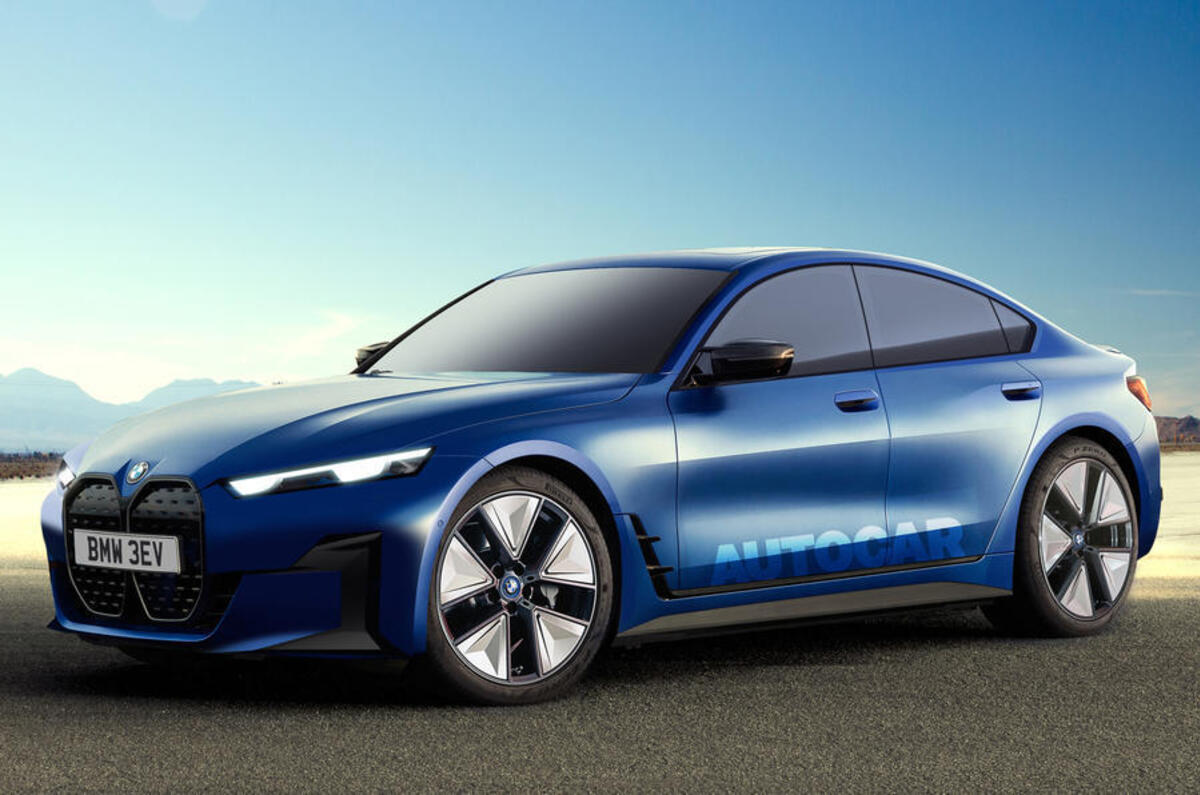BMW will establish assembly operations for a sixth-generation (Gen6) electric vehicle battery on the site of its new iFactory manufacturing plant in Debrecen, Hungary.
The Gen6 battery assembly operations will centre on BMW’s "next-generation round battery cells" for models based on the firm's Neue Klasse platform, said Milan Nedeljković, BMW board member responsible for production.
“In Debrecen, we're building the most advanced plant in the world. With our iFactory, we're setting new industry standards for vehicle production. Our investments underline our systematic approach to implementing e-mobility,“ he said.
The first model planned to be based on the Neue Klasse platform is an electric saloon that sources suggest will revive the BMW i3 name when it enters production in 2025. Its development is twinned with a successor to today’s BMW iX3 SUV, which is also set to be produced at the Hungarian site.

The Debrecen plant is planned to boast an initial production capacity of up to 150,000 units in its first full year of operation.
The newly confirmed battery assembly operations form part of a €2 billion (£1.7bn) investment that BMW has earmarked for the 140,000m2 plant, construction of which started in May 2022.
The Gen6 batteries assembled in Hungary will be integrated into BMW’s new Neue Klasse platform, which is planned to underpin all upcoming seventh-generation BMW 3 Series models, including the i3.
They will dispense with the modular assembly used by BMW’s existing fifth-generation (Gen5) batteries for a new cell-to-pack assembly method.
BMW board member responsible for research and development, Frank Weber, recently revealed the new Gen6 battery will be assembled in packs of between 75kWh and 150kWh.
The new round cells will have a diameter of 46mm and are planned to be 95mm tall in saloon models and 120mm high in SUV models.





Join the debate
Add your comment
No doubt the ordinary German in the street will be asking a similar question as some us ( well the majority actually ) said in the lead up to Brexit - fat lot of good being in the EU has done for Germany if BMW are building their batteries in Hungary!
The German Gov gave 1 billion Euro of German tax payers money to Elon Musk to build a Tesla Gigafactory in their country but obviously haven't provide enough incentive to attract their own BMW to invest in their own country - you couldn't make this stuff up!
Someone better qualified than me might explain how these things work but I'm sure the ordinary German taxpayer will be rightly furious with their government.
by the way, for all those who love to put down the UK at every opportunity, the inflation rate in the UK last month was 9.6% in the 12mths to October. Over the same period, the inflation rate in Germany was 10.4% . Yet according to those who lost the Brexit vote, being in the EU would solve our problems.
Just saying like....
The batteries are either LI-ion or Lithium iron phosphate. You can charge them as fast as you like 1c, 2c, 3c, 4c they will reduce their capacity over a short period of time. High voltage means half the current required fior the same power which means you can use thinner and lighter gauge wires, anyone familiar with the US 110 volt system and the thick electrical cables they require for modest power will understand (max power is around 1800 watts (120 volts x 15 amps). When transfering power current is your enemy, high voltage has some challenges but you have to take them in order not to overheat things with high currents hence the high voltage pylons 132,000 volts etc which keeps the distribution cables relatively slim for the power that they can and do transmit.
Will it make the Cars cheaper?, I doubt it, already priced them outside most prospective buyers, so not hopeful from me.